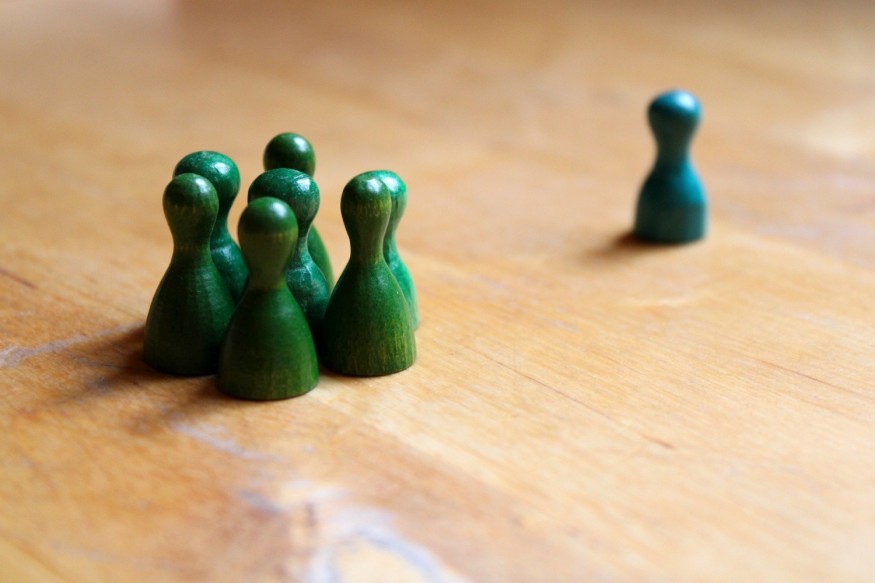
Studies show that stress from racial discrimination can affect the health of minority groups throughout their lifespan. Who would have thought that being part of the minority group could really take a toll on a person's well-being so much more than people usually thought?
What is Racism?
Racism has always existed throughout human history. It is the belief that a person's social and moral traits are programmed based on her biological characteristics, and also the belief that a particular race is superior or inferior to another.
The most notable example of racism written in history was the treatment of Western power towards the non-Westerners. During the past 500- 1000 years, they have used Black Africans as slaves thinking that they were less humans than their white counterparts in Europe.
But this was not always the case before because Africans have empires and cities that are as advanced as their own, and so they were seen as rivals. Overtime, Africans failed to match Europe's technological advances when it began to plunder the African continent and forcibly removed its inhabitants to work as slaves in different colonies across the Atlantic.
Contemporary scientists do not agree on the notion that race is a valid way of classifying people. "Racial" differences like skin color, hair, and facial shape are not much of a scientific significance than the genetic differences within a so-called race. One philosopher concluded that differences are not to any significant degree biologically determined.
Racism and Its Effects
A recent study suggests that since the election of Donald J. Trump, an increase in racial discrimination has been recorded because he actively promotes racism in his speech and federal policies.
Letizia Márquez-Magaña is a cellular and molecular biologist who like most immigrants has experienced discrimination even during her childhood. Many have doubted her ability although she has always topped her class in high school.
Together with her team, they are collecting data on "microaggressions" which are subtle snubs or insults that are experienced by underrepresented groups in their daily lives. They also have developed countermeasures that could make someone feel valued and appreciated, these are called "microaffirmations."
The common and pervasive exposure to racial discrimination creates an additional stressor to the minority just like African-Americans. If a Black teen feels upset for being discriminated, some White people might say to him to just get over it, and therefore downplaying the teen's emotions.
Microaggressions sometimes take the form of teasing. Of course, it does not feel good to be made fun of because it gives the feeling that a person is not normal and that they don't belong, as explained by psychologist Devin English at Rutgers University School of Public Health.
Depression was one of the products of discrimination towards adolescents according to researchers. They are more likely to experience it during offline interactions or in the real world rather than online, but it also worsens the symptoms.
What can be done?
Teens could speak up and say how they feel especially when the situation is not dangerous. They can also talk with their parents or other trusted people in school or in their community. Most importantly, they can encourage schools to enforce rules against racist actions, such as teasing and bullying.
Putting yourself in the shoes of those people who usually experience racial discrimination could give you an insight into their daily lives as they live in a society that undermines their talent and discourages them to pursue their dreams. It is essential for a person to feel that they belong in a group and not as an outcast just because you speak or look different than the others.












